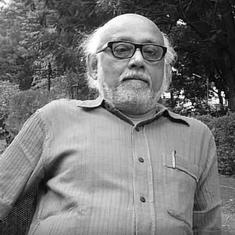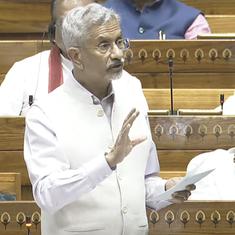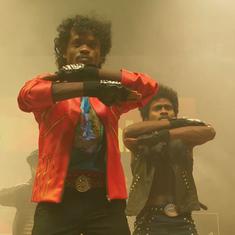- Fighting for secularism against the Bharatiya Janata Party is hard enough. Being tarred with the legacy of Congress makes it even harder, writes Pratap Bhanu Mehta in the Indian Express.
- On Modi’s watch, India has both showcased Pakistan’s weakness and strengthened its cohesion, argues Sadanand Dhume in the Times of India.
- The confusion in Congress over Vinayak Savarkar has once again exposed its ambivalence on nationalism. It needs to learn from Indira Gandhi, or even Manmohan Singh, writes Shekhar Gupta in the Print.
- A capital-constrained economy like India cannot afford a jungle raj in finance, writes Andy Mukherjee in Bloomberg Quint.
- In the New Statesman, Hettie O’Brien explores the myth of green cars: cars have long dominated our cities and polluted our air. But are electric versions anything more than environmental window-dressing?
- A British court decision on October 2 may mark the end of a decades-long battle between India and Pakistan over funds left over from the Nizam of Hyderabad. TCA Raghavan recounts the history of the case in the Telegraph.
- Why is the United States so bad at peace talks? In Foreign Affairs, Johnny Walsh explains how at least four largely psychological impediments get in the way.
- In Maharashtra, the Bharatiya Janata Party works on constructing an all-India politics while also appropriating the regional space, notes Suhas Palshikar in the Indian Express.
- Capitalism is turning us into addicts, claims Sean Illing in Vox.
- In the Tyee, Crawford Killan reviews Thomas Piketty’s new book explaining how the rise of elitism gave rise to populism in the West.
The Weekend Fix: How elitism in the West gave rise to populism and nine other top reads
Ten must-read pieces this Sunday.










